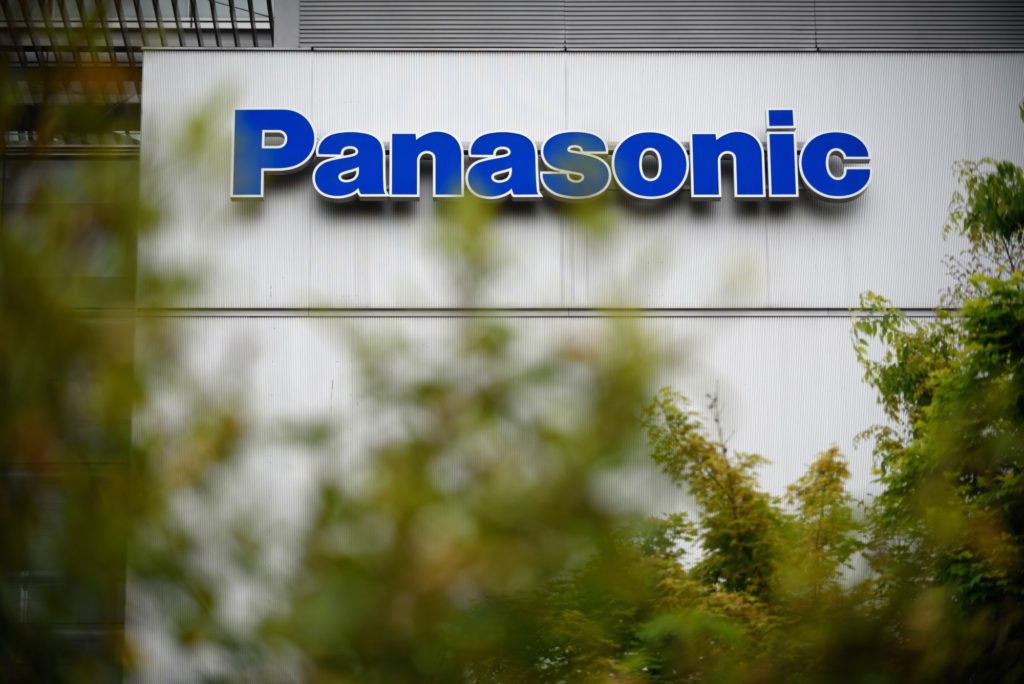Panasonic Holdings Corp. would “almost certainly” choose another US location if it decides to go forward with plans to build another battery production site, said Shoichiro Watanabe, chief technology officer of Panasonic Energy.
(Bloomberg) — Panasonic Holdings Corp. would “almost certainly” choose another US location if it decides to go forward with plans to build another battery production site, said Shoichiro Watanabe, chief technology officer of Panasonic Energy.
The Japanese electronics maker, which is seeking to boost its electric-vehicle battery manufacturing capacity by three to four times by the end of the fiscal year through 2029, broke new ground on a new $4 billion factory in De Soto, Kansas, earlier this month.
Panasonic is ramping up production capacity to meet growing demand from Tesla Inc. and other electric-vehicle makers. Battery plants are a critical part of the company’s push to increase investment in EV cell production — a segment the 104-year-old Japanese electronics giant sees as critical for future growth.
“There’s plenty of demand in North America,” Watanabe said in an interview Wednesday.
Read more: Panasonic Chooses Kansas for $4 Billion Battery Production Site
The $437 billion Inflation Reduction Act signed into law by US President Joe Biden includes changes to tax credits and incentives for bringing more of the EV supply chain to the US. More than $13 billion of investment in battery raw material production and battery and EV manufacturing has been announced since then.
Although Panasonic has supplied Tesla from its early days, the Japanese manufacturer has been slower to build scale compared with rivals LG Energy Solution Ltd. of South Korea and China’s Contemporary Amperex Technology Co. Instead, Panasonic has stressed that it is prioritizing profit and dedication to safety over market share.
Even as the Kansas facility comes online, it will only increase Panasonic’s battery output by about 60% to 80 gigawatt hours, according to the company.
The Japanese government is also seeking to boost the domestic battery industry, with the goal of reaching 150 gigawatt hours of production capacity by 2030.
“Batteries are becoming a key device for national energy security,” Watanabe said, adding that it will be important to adopt more sources of renewable energy in the future.
Read more: Panasonic Sets Date for Mass Production of New Tesla Battery
Asked about Panasonic’s plans to manufacture higher capacity 4680 batteries at its Wakayama plant, in western Japan, Watanabe said that he expects capital investment to pick up next year, and confirmed that mass production will begin by the end of the fiscal year through March 2024.
More stories like this are available on bloomberg.com
©2022 Bloomberg L.P.











